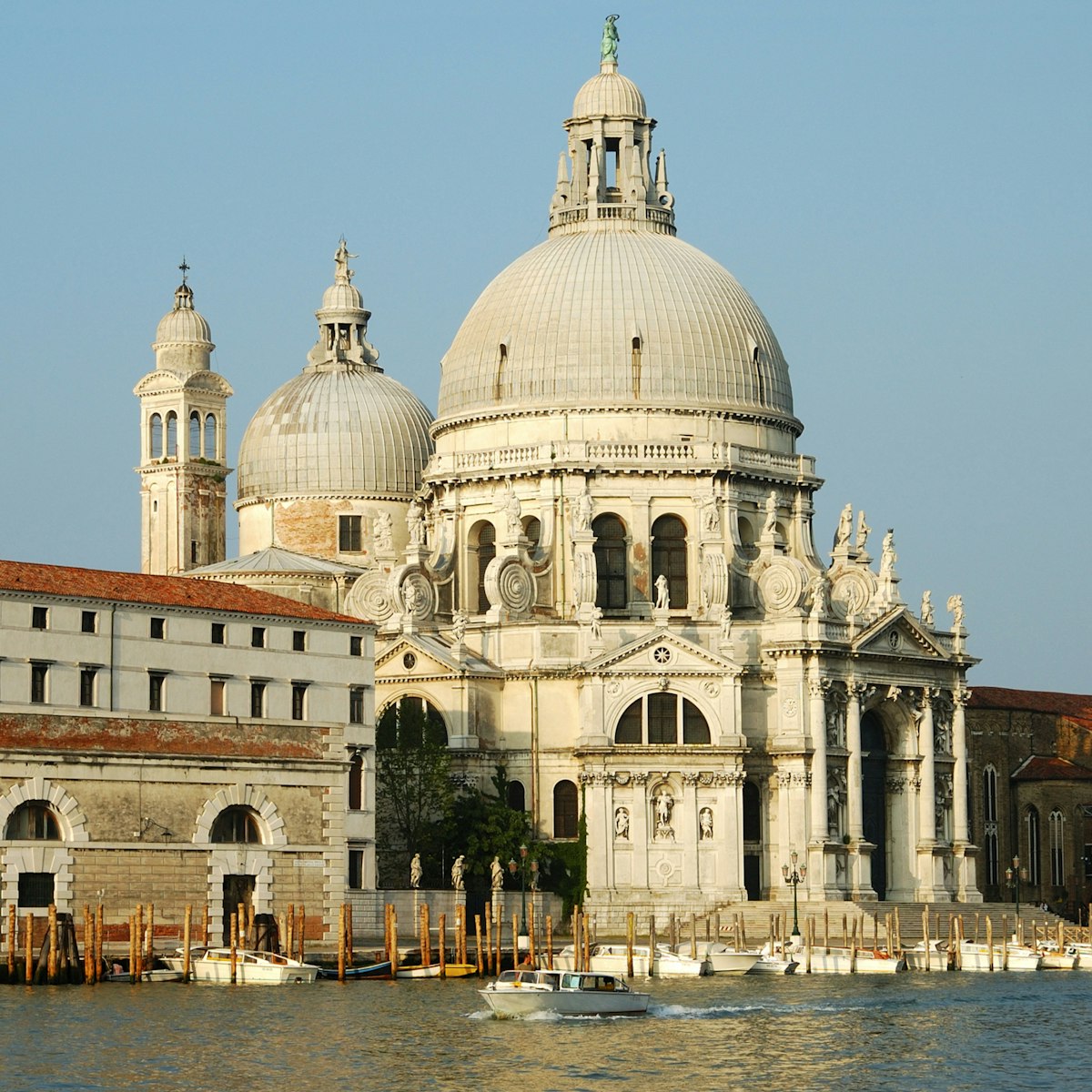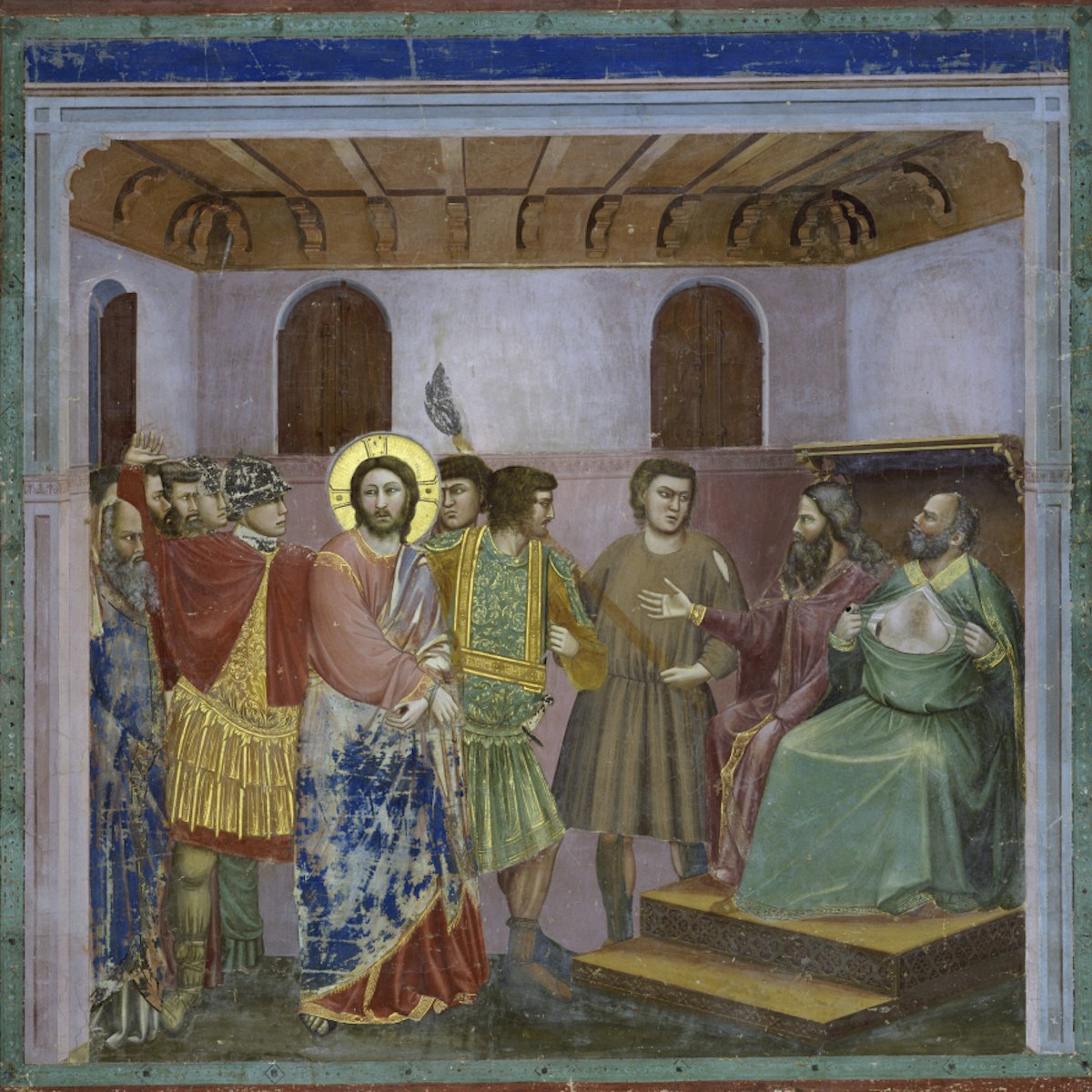The stately exterior of this Baldassare Longhena–designed 1710 palazzo hides two intriguing art museums that could hardly be more different: the Galleria Internazionale d’Arte Moderna and the Museo d’Arte Orientale. While the former includes art showcased at La Biennale di Venezia, the latter holds treasures from Prince Enrico di Borbone's epic 1887–89 souvenir-shopping spree across Asia. Competing with the artworks are Ca’ Pesaro’s fabulous painted ceilings, which hint at the power and prestige of the Pesaro clan.
The 'International Gallery of Modern Art' spans numerous art movements of the 19th and 20th centuries, including the Macchiaioli, expressionists and surrealists. The 1961 De Lisi bequest added Kandinskys and Morandis to the modernist mix of de Chiricos, Mirós and Moores. Later, more treasures accrued from the 1990 Wildt-Scheiwiller bequest, including Wildt’s extraordinary sculptures Man Who Stays Silent (1899) and Vir Temporis Acti (1911). Other collection highlights include Gustav Klimt's Judith II (1909), Medrado Rosso’s melting waxwork busts, Armando Pizzinato’s timely and troubling A Spectre Is Haunting Europe (1949), and Leoncillo Leonardi’s forceful, neo-Cubist Venetian Partisan (1955), rendered in vividly coloured majolica. With works by Henri Matisse, Max Ernst, Auguste Rodin, Marc Chagall, Ray Lichtenstein and Jeff Koons, Ca' Pesaro outshines even the pricier Peggy Guggenheim Collection.
A phalanx of samurai warriors flanks the creaky attic stairs of the 'Oriental Art Museum', guarding a princely collection of Asian travel mementos. Prince Enrico reached Japan at a time when Edo art was discounted in favour of modern Meiji, and purchased 30,000 objets d’art, including Edo-era netsukes (miniature sculptures), weapons, screens and a lacquerware palanquin (litter). Around three-quarters of the collection is Japanese; the remaining quarter includes a small collection of 12th- to 15th-century Islamic ceramics and an intricately carved Chinese chess set from the 18th century.
Temporary exhibitions are regularly held on the middle floor, showcasing modernist and contemporary artists; entry is included in the ticket price.







